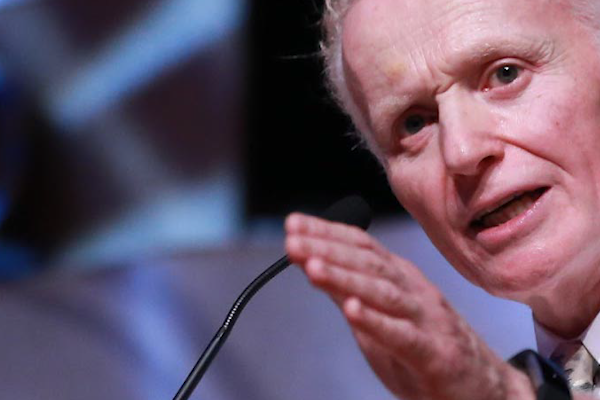Writing in the January 6th National Post, Megan O’Toole reports that, “Convicted terrorist Shareef Abdelhaleem has provided the courts with no indication of remorse and little hope he will reform, the Crown asserted Wednesday at a hearing for the final Toronto 18 bomb plotter awaiting sentence.”
It may have been 5 years since police took down the terrorist cell, but Abdelhaleem remains unrepentant and therefore a significant danger to Canadians. That’s why the prosecution has called for a life sentence. And given the recent increases in sentences on appeal for convicted bomb plotters Mohammad Momin Khawaja, Saad Gaya and Saad Khalid, and the life sentences already handed out to Montrealer Said Namouh and the Toronto 18 ringleader, Zakaria Amara, the chances are good that Amara’s second in command will get the same treatment. The appeal court sent absolutely the right signal, stating: “Terrorism must not be allowed to take root in Canada. When it is detected, it must be dealt with in the severest of terms.”
But what nobody in the courts or the corrections system is yet facing up to is the fact that such convictions are only the beginning of another, equally serious, problem. As detailed by MLI Fellow, Alex Wilner, an expert in anti-terrorism policy, getting Islamic extremist terrorists into jail does not end the challenge that they represent to western values and safety.
On the contrary, many of the Islamic terrorists who have achieved such notoriety in recent years for attacks on western targets, were in fact recruited to the extremist cause while serving sentences in prison for unrelated criminal offences.
In his paper for MLI, “From Recruitment to Rehabilitation”, Wilner lays out a series of policy steps necessary to keep our prisons from becoming fertile recruiting soil for homegrown terrorism, including segregation from other prisoners, frequently shuffling of radical prisoners from one facility to another, controlling access to radical Islamic recruiting literature and ensuring that representatives of radical Islam, including radicalized clergy, have no access to prisoners.
Wilner’s arguments are gaining traction — he recently appeared by video-link before the Senate’s Special Committee on Anti-Terrorism — and his op-eds on the topic have appeared across the land. But we need to see a sense of urgency among policy makers on this issue. The Toronto 18 are not the first, and certainly won’t be the last Islamic terrorist plotters captured and convicted in Canada. If we are not prepared to create the right conditions to handle the convicted prisoners that will result, our own justice and corrections system will simply become a happy hunting ground for the very terrorists our police and judges are trying to stamp out.



